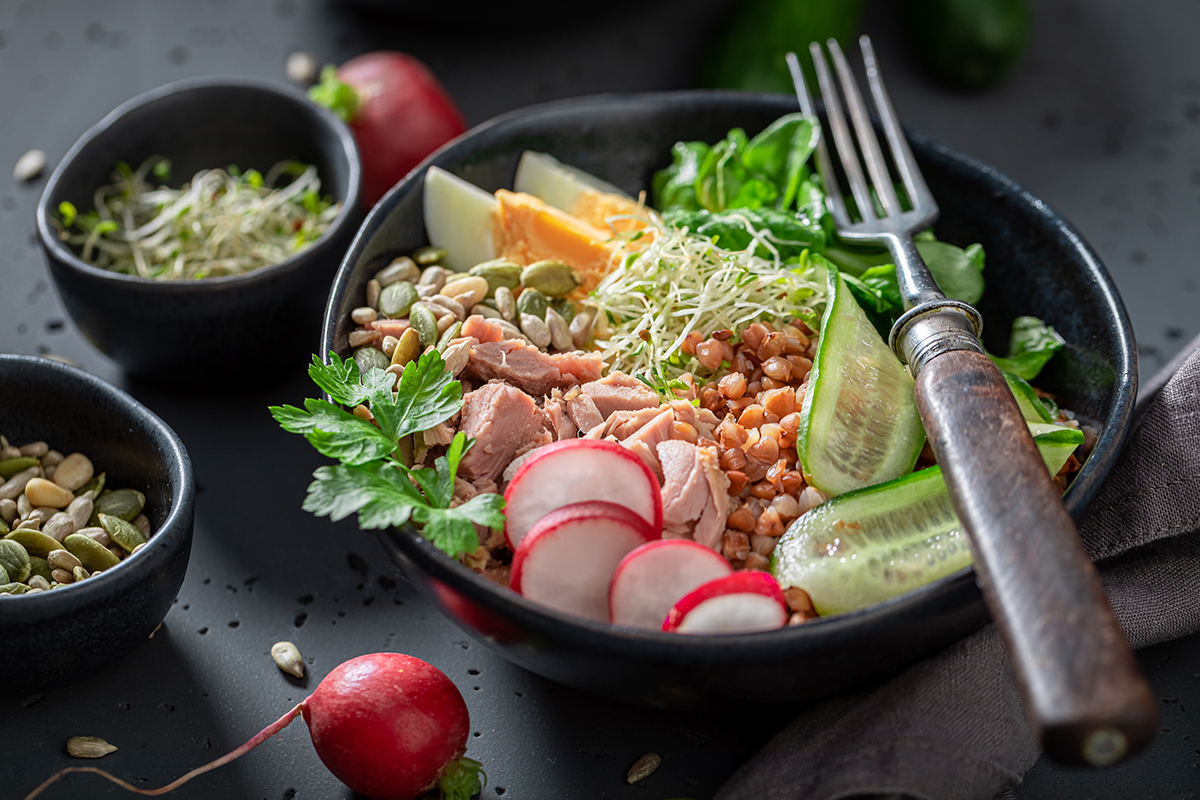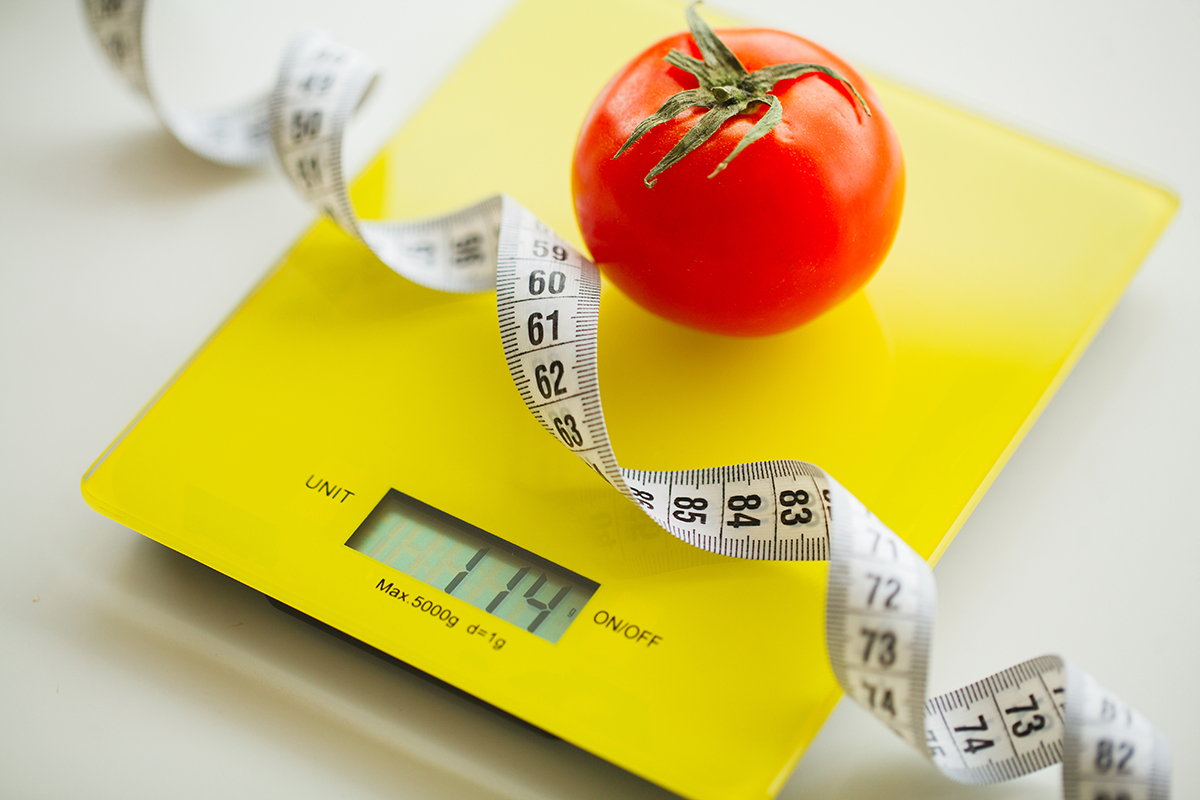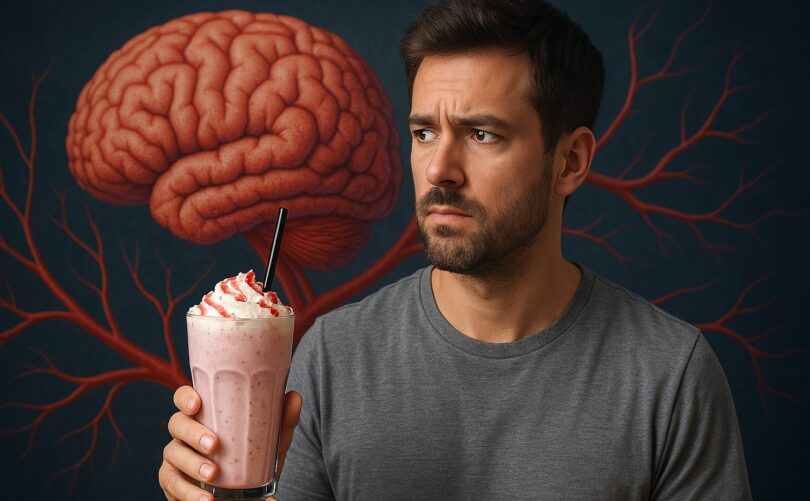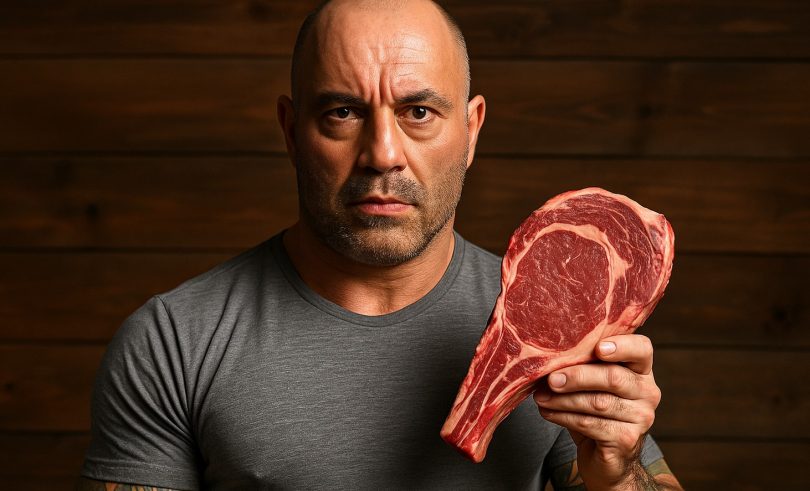When it comes to weight loss, diet plays a pivotal role. It’s not just about eating less but eating right. This comprehensive guide will provide you with insights into the role of diet in weight loss and practical tips to help you on your journey.

Understanding the Role of Diet in Weight Loss
Diet is often considered as one of the most critical components of weight loss. By consuming fewer calories than you burn, you create a calorie deficit, leading to weight loss. However, it’s essential to focus not just on the quantity of food but also on the quality. Consuming nutrient-dense foods like fruits, vegetables, lean proteins, and whole grains can help you feel fuller on fewer calories, making weight loss more manageable.

The Science Behind Weight Loss
Understanding the science behind weight loss is crucial to achieving your goals. When you consume fewer calories than your body needs for its daily functions, your body begins to break down stored fat for energy. This process, known as ketosis, results in weight loss. However, not all calories are created equal. Calories coming from nutrient-rich foods will keep you satiated longer and provide the necessary nutrients your body needs, while empty calories from processed foods can leave you feeling hungry and lead to overeating.

Practical Tips for Healthy Eating
When it comes to weight loss, small dietary changes can have a significant impact. Here are some practical tips to help you get started:
- Eat a Balanced Diet: Include a variety of food groups in your diet to ensure you get a wide range of nutrients. Your meals should include lean proteins, fruits and vegetables, and whole grains.
- Control Portion Sizes: Be mindful of your portion sizes to avoid overeating. Use measuring cups or a food scale to ensure you’re eating the right amounts.
- Stay Hydrated: Drink plenty of water throughout the day. Sometimes, thirst can be mistaken for hunger, leading to overeating.
- Limit Processed Foods: Processed foods are often high in calories, sugar, and unhealthy fats. Opt for whole, unprocessed foods whenever possible.

Overcoming Common Challenges
Embarking on a weight loss journey comes with its challenges. These may include cravings, eating out, and maintaining motivation. It’s important to have strategies to overcome these hurdles. For cravings, try to identify the triggers and find healthier alternatives. When eating out, opt for dishes that are grilled, steamed, or baked, and avoid fried or sauced foods. Maintaining motivation can be difficult, but setting achievable goals, celebrating small victories, and having a support system can go a long way.

Conclusion
Healthy eating plays a significant role in weight loss. By understanding the importance of a balanced diet, the science behind weight loss, and by implementing practical eating habits, you can effectively manage your weight and promote overall health. Remember, weight loss is a journey, not a race. It’s about making sustainable changes that you can maintain in the long run. Start your journey towards healthy eating for weight loss today. Each step you take brings you closer to your weight loss goals and a healthier, happier you.






